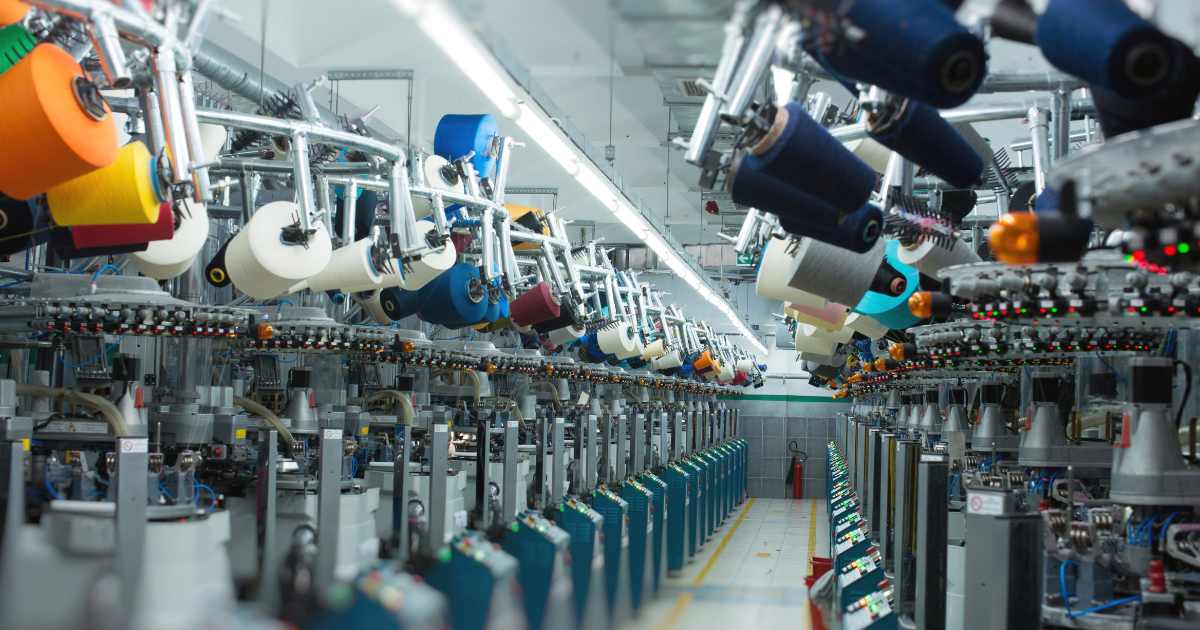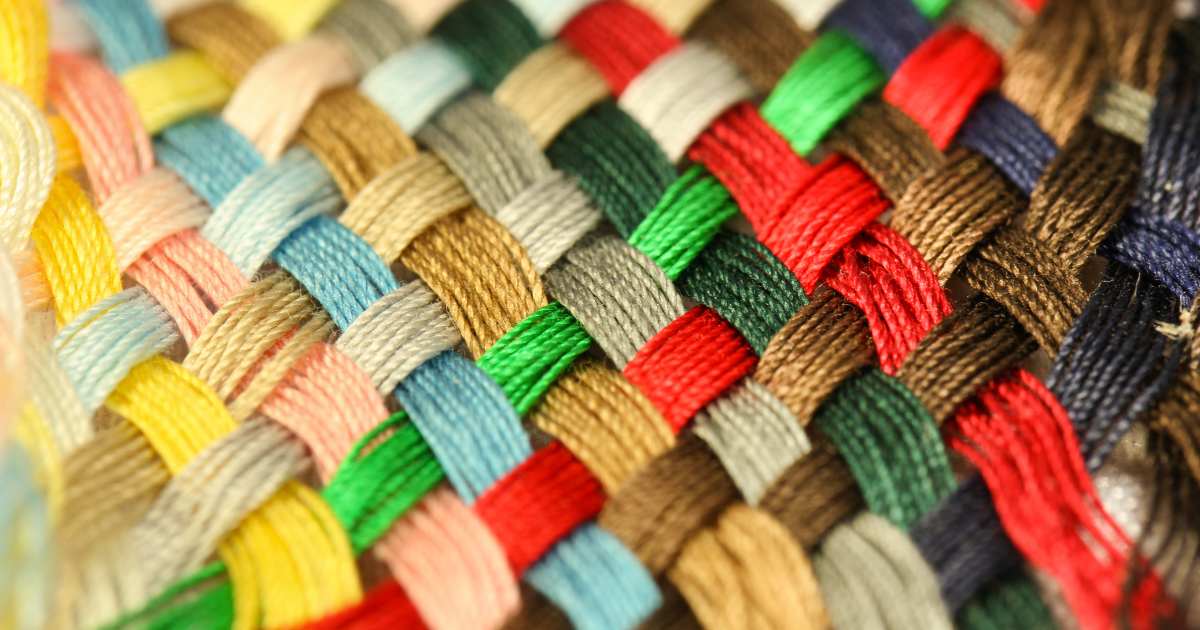
Textiles are a key part of our daily lives. From apparel and upholstery to carpets and synthetic cloth, textiles are everywhere. The need for these general items and innovative new products keeps growing, making it the ideal business idea. Here’s why you should consider textile manufacturing.
The textile industry consists of manufacturing practices such as:
- Spinning
- Weaving
- Dyeing
- Knitting
- Bonding
- Embroidery
- Felting
- Tufting
All of these elements are used in various ways to develop yarns, fabrics or products. These items can be produced from synthetic and natural fibres. Natural fibres consist of animal fibres such as wool and silk, and plant fibres such as cotton, hemp or linen. Synthetic fibres are man-made and include polyester, nylon, rayon and many more.
Pros and Cons of Operating in The Textile Manufacturing Industry
Just as with any industry, there are pros and cons to entering into it. Here are some benefits and disadvantages to starting a textile business.
Benefits:
Job Creation: Whether it is weaving fabric or spinning yarn, textile manufacturing is labour-intensive. For this reason, entrepreneurs can create a large number of jobs by opening a textile factory.
Scalable: A textile production business can easily be scaled because you can increase your product range, production and facilities depending on the demand.
High Demand: There is a high demand for fabrics and other textile products. Entrepreneurs can easily leverage this to turn a profit.
Disadvantages:
Expensive equipment: One of the disadvantages of the textile industry is that mechanisation in this field can be quite expensive. Machinery such as power looms, knitting machines and equipment to develop synthetic fibres are pricey.
Competitive: Because of the high demand for textiles, many other companies can have similar ideas, causing a highly competitive market.
Technical Requirements: Operating, conducting maintenance, and cleaning the machinery used to manufacture the different types of items in the textile industry requires a degree of technical skills. This can be a drawback if workers are unskilled.
Prepare Yourself for Success in Textile Manufacturing
There are a few steps you need to take to prepare yourself for success in the textile business. First, you will need to conduct market research to determine:
- What kind of textile business is there a need for?
- What is the market access for that type of textile?
- How will you manufacture these textiles, considering equipment and sourcing materials?
- How much will it cost you to start this business?
Next, you will need to educate yourself on textile manufacturing. There are many courses that you are able to take to upskill yourself in textile production. These are usually specialised and will focus on one area such as yard production.
During these courses, you will learn what equipment you need to manufacture your particular product.
Funding for Textile Manufacturing
Funding your venture is always one of the biggest concerns when starting a business. Among your options are investors, loans from banks and funders, and government funding.
Because the South African government has identified textile and fabric as a priority sector for job creation, they have developed a programme for the private sector. The programme aims to encourage growth and competitiveness within the industry while improving the quality of products produced.
The programme was originally named the Clothing and Textiles Competitiveness Programme (CTCP), but it has been updated to provide the industry at large with better support. It is now titled the Clothing, Textiles, Footwear and Leather Growth Programme (CTFLCP).
Registered businesses looking to apply for this programme must fit the following criteria:
- All applicants (businesses) must show economic merit and sustainability.
- Have no conflict of interest or related party transactions allowed.
- Must be a registered legal entity in South Africa.
- Except a Cluster NPC (Design Houses may ONLY be included in CSP), the operations of the company applying must be classifiable as manufacturing in terms of the ‘Standard
- Industrial Classification of all Economic Activities and the relevant chapters of the HS codes.
- The applicant must be a taxpayer in good standing and must provide a valid tax clearance certificate.
- The applicant must comply with all relevant environmental regulations,
- The applicant should demonstrate that the business is solvent, profitable, and sustainable.
- Applicants must measure/monitor and keep records of all the base and actual measurements set in the application for all interventions.
- Applications must include company documentation of proposed suppliers/service providers for IDC to ensure only suppliers/service providers in good standing are used.
For more resources to help you run your business, check out our free downloadable templates on the resources page.










